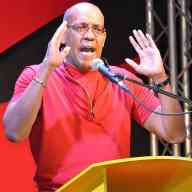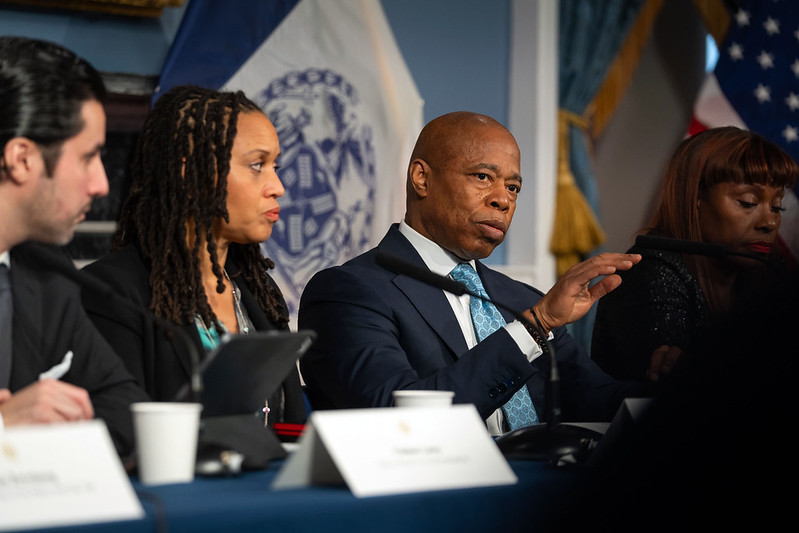After a devastating earthquake, hurricanes and an imported cholera epidemic, impoverished Haiti seems an unlikely candidate for tough love. But that may be the best way to resolve a political impasse blocking the country’s recovery.
At a recent meeting of the United Nations Security Council, important givers, including Canada, Britain and the United States, expressed dismay over the political paralysis that is feeding an increase in civil unest and major crime. On the same day, major donors declined Haiti’s invitation to discuss more aid, saying the government first needed a plan for restoring democracy.
They’re right. For more than a year, Haiti has been governed outside its constitution. Elected officials’ terms have expired, and with no electoral commission to organize new balloting, President Michel Martelly has handpicked 129 of 140 mayors. A third of the Senate is empty. If there are no elections this year, and terms expire for another third, the Senate will cease to function.
The drift is toward authoritarianism, of which Haiti has already suffered plenty. Only in 2011, with Martelly’s ascension, has power ever passed democratically between opposing political factions.
Organizing the overdue elections, unfortunately, has not proved simple. After a long, inconclusive fight over forming a permanent electoral council, the executive, judicial and legislative branches agreed on Christmas Eve to create a temporary one to organize local and Senate elections. In mid- March, Parliament finally named its three representatives, but the executive and the judiciary have yet to announce theirs.
Martelly may prefer to let the Senate collapse and to leave local government in the hands of his appointees. Yet ruling in this way won’t resolve the qualms of foreign donors who are essential to Haiti’s recovery. To resettle the remaining 347,000 Haitians left homeless by the January 2010 earthquake, and to create decent housing for those in transitional accommodations, Martelly has to keep foreign aid flowing.
Moreover, Haiti needs the U.N.’s help in fighting a cholera epidemic that has killed 8,000 people and is linked to a sanitation lapse at a U.N. Stabilization Mission camp. Although the U.N. refuses to accept responsibility, it is seeking donors for a 10-year, $2.2 billion cholera eradication program based on vaccinations and improved water and sanitation systems.
Those benefactors will insist on a restoration of democracy because they know the country’s long-term future depends less on their money than on investors who can create work for the two- thirds of the population who have no formal job.
Entrepreneurs won’t put serious money into Haiti without faith that the government is legitimate, the rule of law is paramount, and Parliament is capable of passing laws to improve the business climate. Elections alone won’t save Haiti. But the failure to hold them may doom the country to a backward slide.
(c) 2013, Bloomberg News.

























